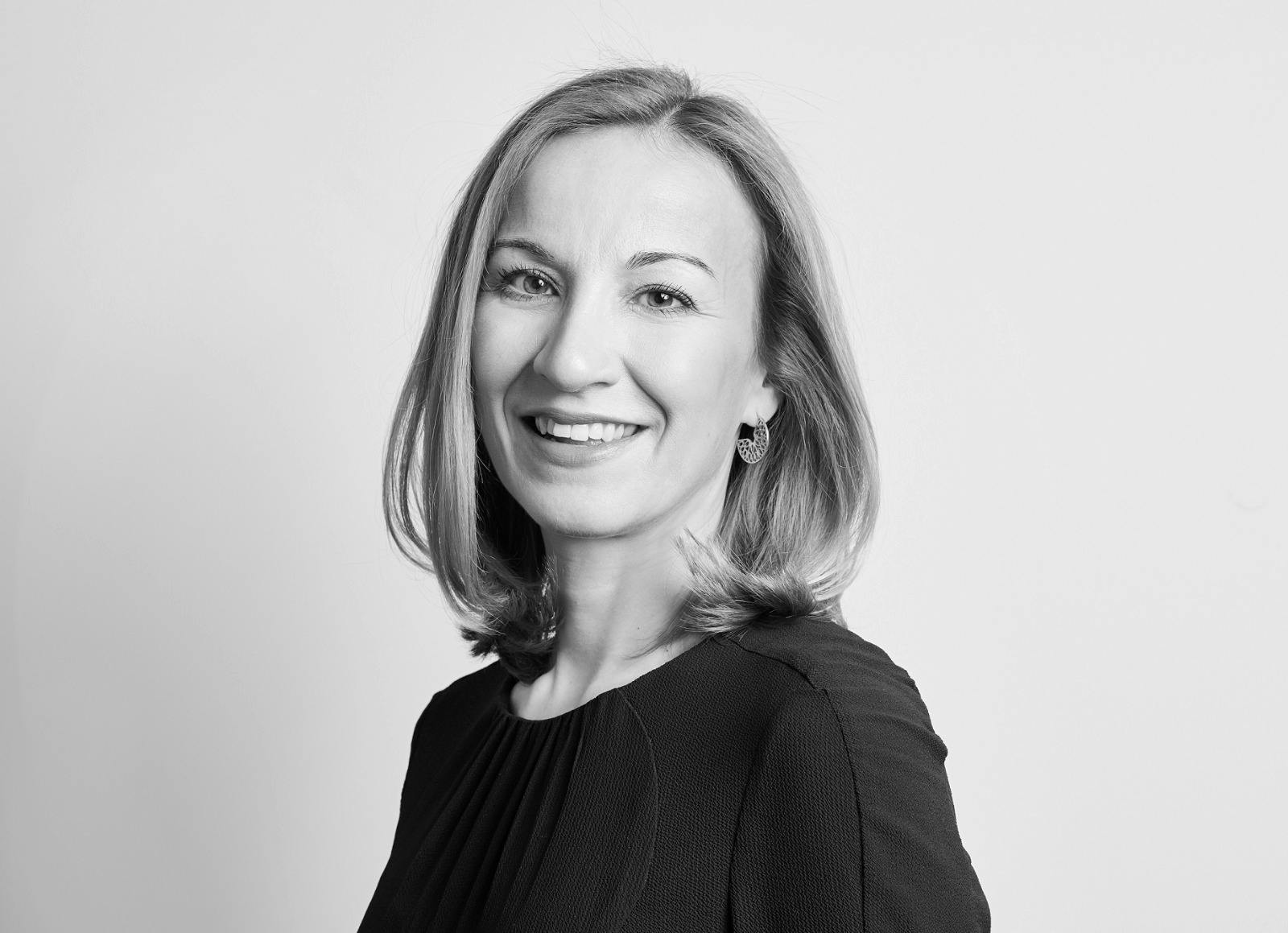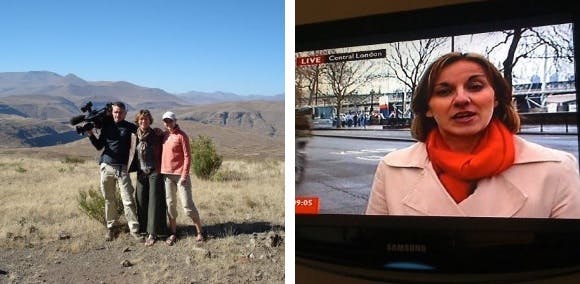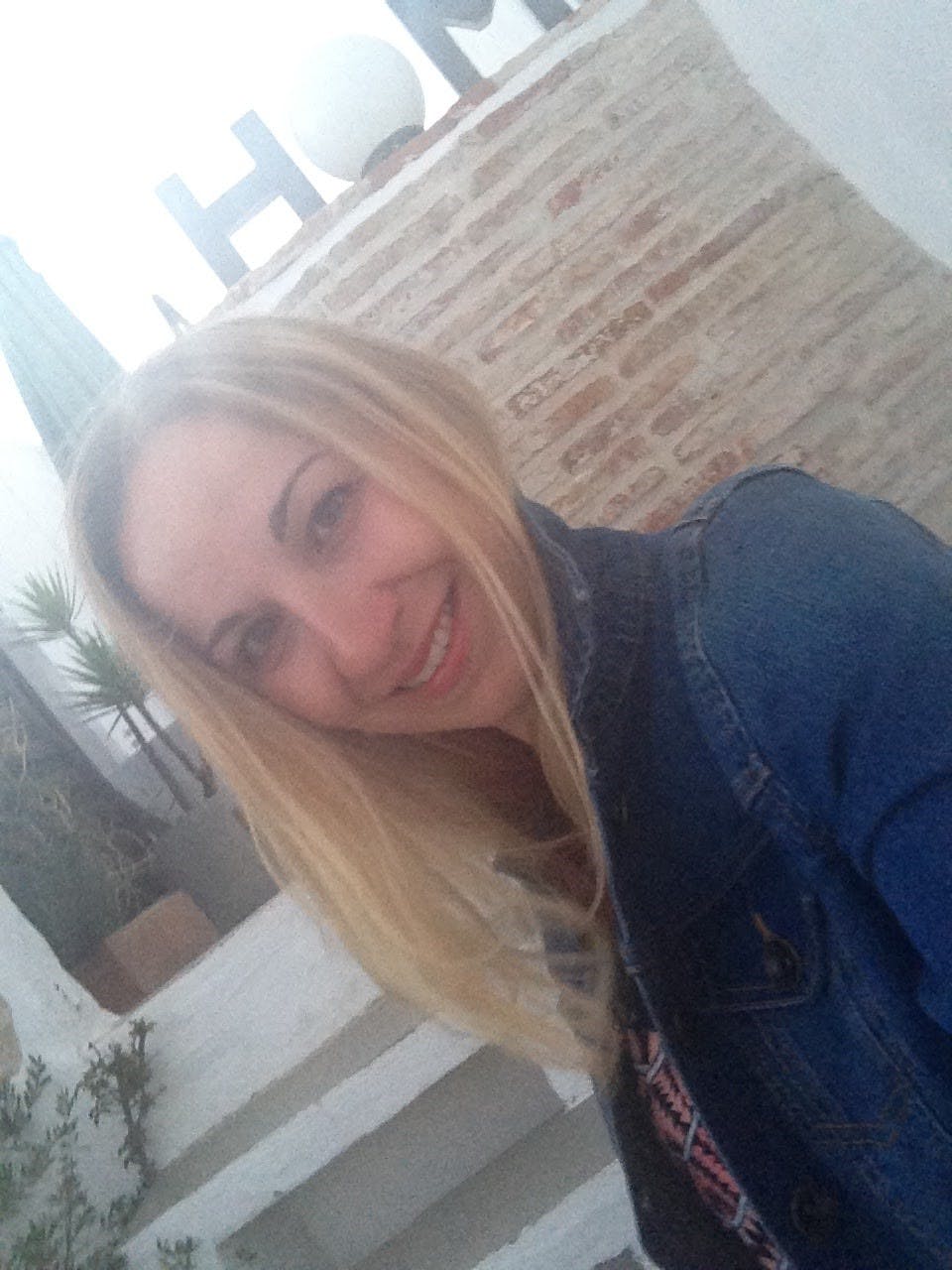Female Focus Interview: Jane Hadden
July 13, 2020

I can’t believe it’s July already - where has the time gone? Though a new month also means that it’s time for the second instalment of the Female Focus series featuring Jane Hadden this time. Jane and I have been working together on media training sessions over the years and have been friends for almost 10 years - so it’s a particular pleasure to have her on the blog. Again, where has the time gone?
Jane joined the BBC as trainee broadcast journalist straight out of university and spent more than ten years at the broadcaster, cutting her teeth as a reporter and presenter in regional news before moving onto national and international news. Working for programmes including BBC Breakfast, BBC World News and the Six O’clock News she helped cover stories including the 9/11 terrorist attacks, the election of Barack Obama and the wedding of the Duke and Duchess of Cambridge. She left the daily news cycle behind in 2011 to work in the PR industry as a media trainer and currently heads up the Leadership Communications Coaching Practice at Headland Consultancy where her clients include TSB, PepsiCo, LinkedIn and TikTok.
You are a specialist leadership communications coach and partner at Headland in London - how do you define good leadership?
The number one word that comes to mind here is openness. The best leaders I’ve encountered – and that includes those I’ve worked for as well as those I’ve advised – are willing to be open and honest about what’s happening in their organisations. They’re also open to new ideas and to constructive criticism. We’re very much in an era of authentic leadership right now. Most of us want to feel like we know and can trust the people leading us. If you look at someone like Jacinda Ardern, the New Zealand PM, she very much embodies that type of leadership, as does someone like John Vincent, the CEO of Leon.
Having previously advised senior executives of a number of global brands - what makes for a successful (media/communications) training session in your experience?
It always comes down to trust. I’m lucky enough to have worked with the CEOs of some incredible businesses including Coca-Cola, Kingfisher, National Grid, New Look and Pret-a-Manger. Their time is incredibly in demand but I’m always struck by how intense their focus is when they’re finding something valuable or being challenged by something new. A good coach knows how to challenge and push in a way that feels constructive.
What are your favourite types of projects to work on and why?
For me, it’s the variety of this job that I love so much. One day I’ll be helping the boss of a big business work out how to announce really tough news or manage a crisis, the next I’ll be working with a start-up founder or a passionate sustainability advocate. It’s never dull. One of my favourite ever projects was working with the wonderful real women who starred in Sport England’s This Girl Can campaign a few years ago, getting them ready for their moment in the media spotlight. The campaign is still running now and is inspirational.
Before moving into the communications and the agency world, you worked as a producer for the BBC for many years - what sparked your interest in a career in television in particular the news?
I always wanted to work for the BBC. When other girls my age were dreaming of being Madonna, I was pretending to be Kate Adie! I grew up in Northern Ireland in the 1980s and 1990s when there was a lot of violence and unrest. Watching the evening news to find out what had happened that day was an unmissable event in our house. I think I felt, even at a young age, that the news was something important and interesting.

What was it like to be a woman in the TV industry - were there advantages / disadvantages to being a female producer or did it not make a difference to you personally?
It definitely felt like a battle at times, especially when I was still a reporter rather than a producer (which came later in my career). It was very clear when I started out in television as a young woman that it really mattered what I looked like. Comments about my clothes, hair, even the shape of my eyebrows were common but no one seemed to care what the men looked like. Looking back now it was an awful double standard but, at the time, I just accepted it and carried on working as hard as I could. Things are different today, but change is still happening too slowly and I think most senior positions in newsrooms are still taken up by older white men. I also appreciate now that doors probably opened for me a lot more easily, as a white woman, than for colleagues from black and other ethnic minority backgrounds.
Is it more important to be liked or respected?
Both are important to me and I hope my colleagues like and respect me. However, as women, I think we can sometimes focus too much on the need to be liked. The most liberating piece of advice I’ve ever been given was ‘You don’t need everyone to be your friend’. That came many years ago from a wonderful female producer in the BBC newsroom who’s now a correspondent for Sky News. They’re wise words that have stayed with me and made a lot of difficult conversations over the years a little easier.
Where do you see yourself in 10 years time?
I have no idea! When I started out at the BBC in 2001, I had a ten-year plan. Back then I never would have anticipated that, a decade later, I’d leave broadcasting for PR but it was the best decision I ever made. I’ve loved applying all my skills as a journalist to a totally new challenge in a new industry. I’m almost ten years into this new career now and I feel like I have at least one more career evolution still to make. Come back and interview me in 2030 and I’ll tell you what it is!
How do you unwind?
I did my first yoga class on holiday in Costa Rica in 2013 during a short career break and it’s become a hugely important part of my life. It’s a fantastic way of managing stress and relaxing the mind and body after long, hard days at work. Lockdown life has also sparked a new love of gardening. The joy of pottering in the garden and watching things grow is clearly a sign of middle-age but I’ve found it a really positive thing for my mental health in such a scary time.
What’s your favourite book and why?
Impossible to answer. I was an English Literature student and my bookshelves are packed with everything from Jane Austen to JK Rowling!
The three things you would take to a desert island (or you missed the most during lockdown)?
A stand up paddle board to enjoy the tropical waters and help me fish. Limitless suncream – this Northern Irish skin of mine burns! A big anthology of poetry – for me, poems become more meaningful and enjoyable the more I read them so I’d happily read it over and over.
